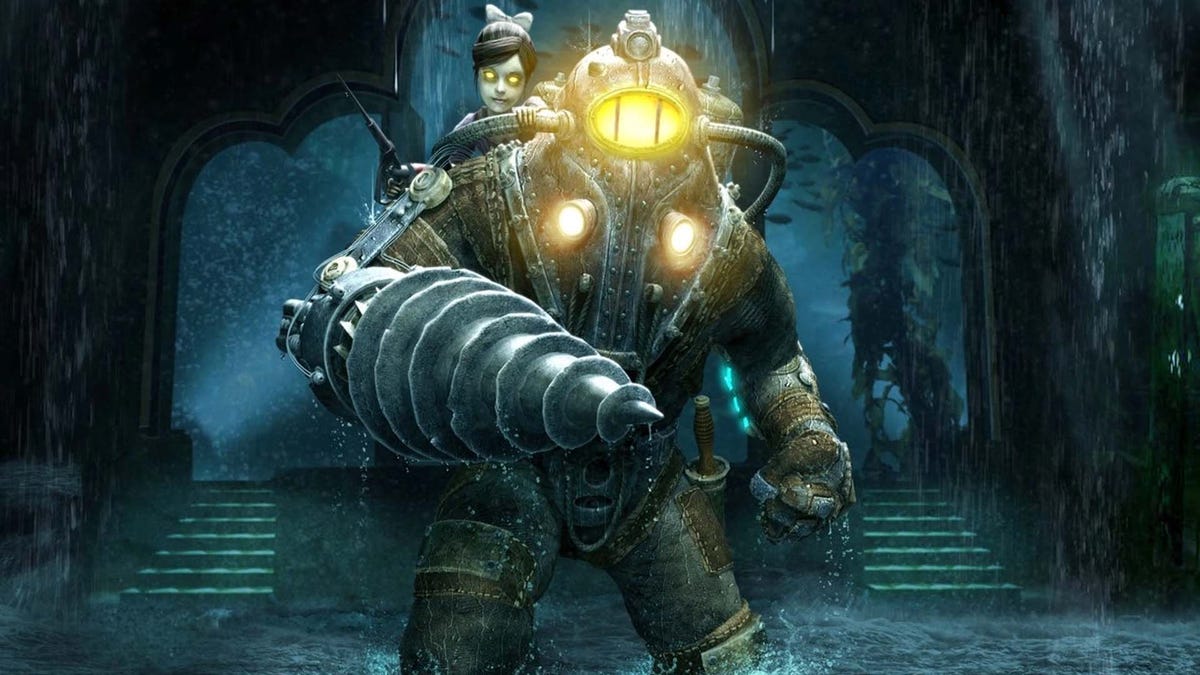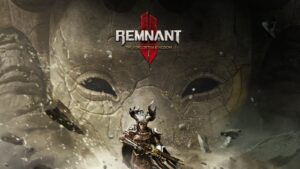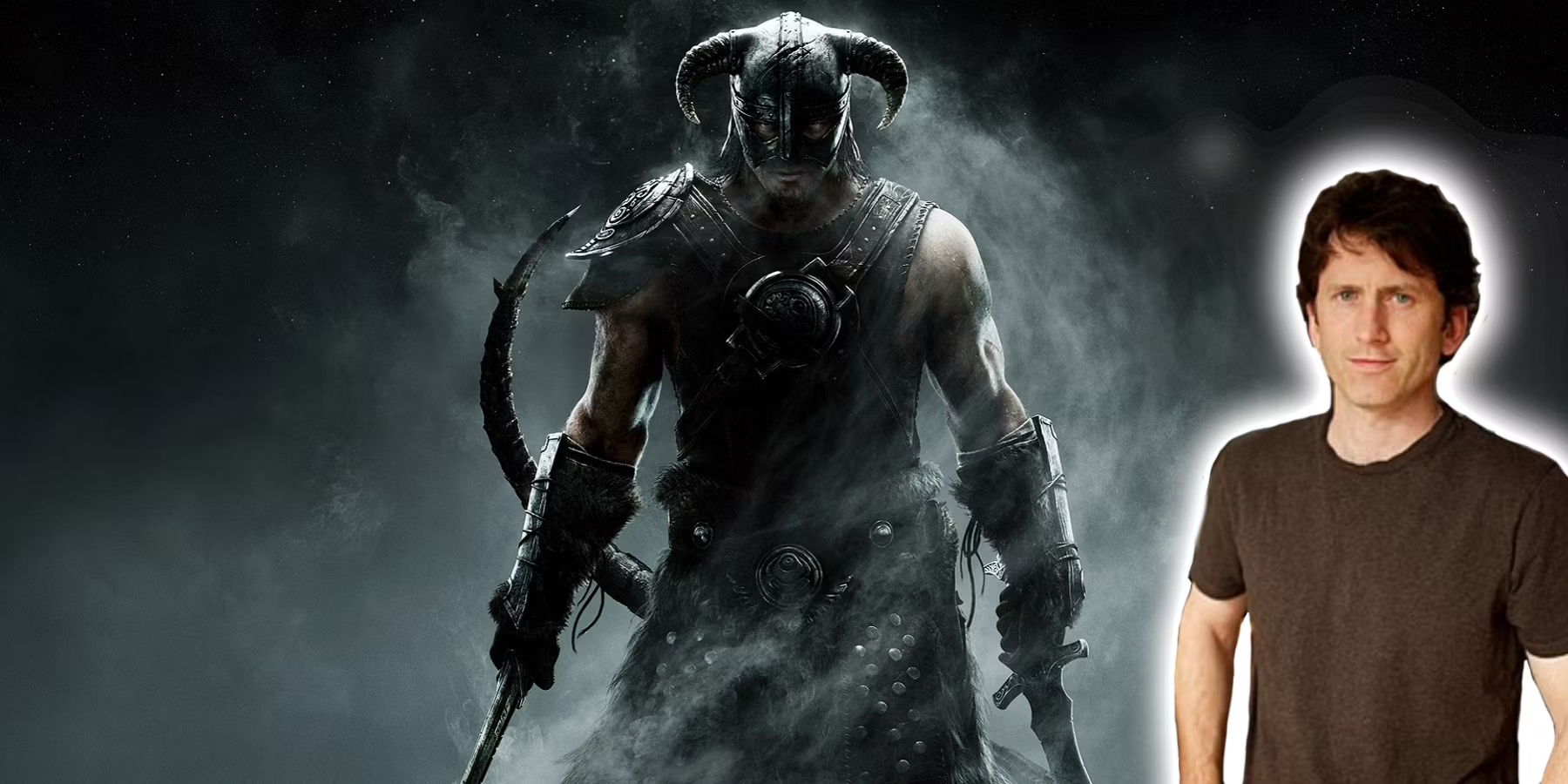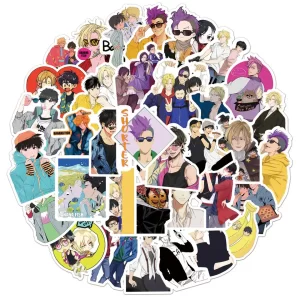Objectivism is a political system that emphasizes unrestricted and unregulated capitalism as the main tenant. The author Ayn Rand developed the concepts of objectivism in her novels, The Fountainhead and Atlas Shrugged in particular. In the words of Gordon Gekko, “Greed, for lack of a better word, is good.” The idea of a complete objectivist utopia is the basis for the game Bioshock, a first-person shooter by Ken Levine.
Originally conceived as a spiritual successor to the cult classic System Shock 2, Bioshock utilizes many of the same gameplay mechanics as SS2. Ken Levine then took the skeleton of gameplay to design a game that utilizes his literary background to explore the themes of a system of government that remains popular decades after Ayn Rand’s death.
Spoilers follow for Bioshock and Atlas Shrugged
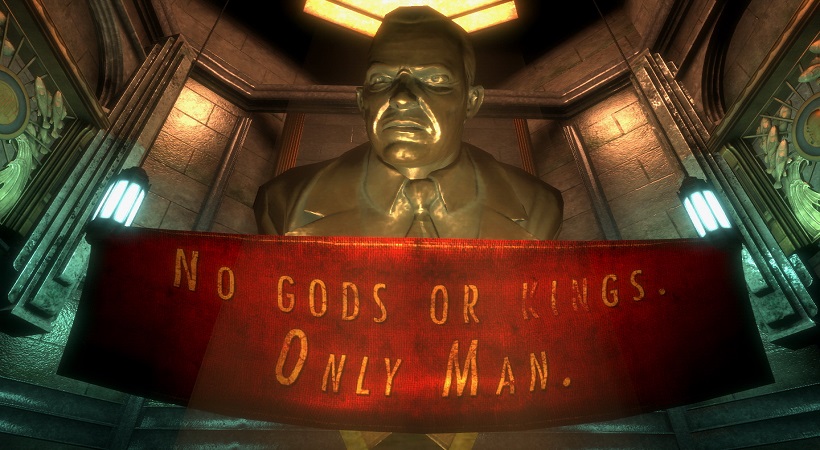
Story: Enraptured by Rapture
The story of Bioshock begins after a plane crash in the middle of an ocean. Jack, the main character, swims toward a distant lighthouse which turns out to be the entrance to the underwater city of Rapture. Rapture is an Art Deco nightmare of epic proportions, filled with all manor of deformed people, monstrous machines, and the terrifying tandem of Big Daddies and Little Sisters harvesting Adam from dead bodies. Under all the grime, blood, and flooded corridors, the world of Rapture was once a beautiful city underwater, but some undefined catastrophic breakdown has occurred.
The first man you hear on the radio walks you through the history of the city and gives you one name as the cause of the destruction – Andrew Ryan. What follows is the journey of Jack to find Andrew Ryan. When they finally come face to face, Jack is told his true purpose and a twist comes into play that recontextualizes the gameplay significantly. After killing Ryan, Jack has to find Frank Fontaine, the voice that first directed Jack to Ryan. They finally have their last confrontation in which Jack emerges victorious and escapes in one of three different endings depending on the player’s actions with the Little Sisters during the game.
From a story standpoint, Bioshock should have ended after Ryan’s death. The last quarter of the game has no stakes, the themes of the game have run their course, and so this section is a bore. The last battle with Fontaine as a giant Atlas statue, for some reason, is laughably bad, and the player’s reward is a quick 30-second cutscene that feels racked on to have “multiple endings.” What would have been a tight 6-8 hour game became a slog when another 2-3 hours were hoisted on the player.
Player: Would You Kindly?
The phrase “Would you kindly” is one of those old-timey sentences that are background noise, a polite nicety like saying “please” or “could you.” In the south it’s like a gentlemanly thing to say.
In Bioshock, it seems like this is all it is, but the meaning goes deeper than that. When Jack meets Ryan it is revealed that Jack is Ryan’s son, trained from an early age to follow anything somebody prefaces with “would you kindly.” This changes the entire tone of the previous gameplay and is a moment of clarity for the player where the puppet sees the strings. The game begins with the words, “Would you kindly pick up that wrench?” The player does it because it’s an objective, a check in the box needed to finish the game. The player can’t refuse in the same way Jack can’t refuse.
Games and players have an agreement with each other. Gamers allow games to direct them in the name of entertainment, while games will in turn, make the strings invisible and allow the player to have the illusion of freedom to figure out the game’s puzzles for themselves. Even open-word, “go anywhere” games exert a surprising amount of control over a player. Bioshock makes this control explicit by using “Would you kindly.” The only way the player can refuse would be to stop playing, but that’s no fun.
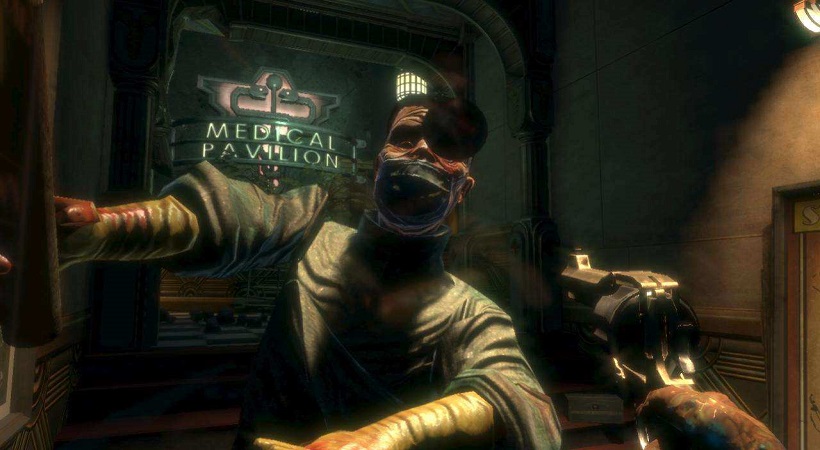
Theme: Objectivism Unleashed
Ayn Rand imagined a world where wealth would be collected by only the most driven people. No money could be taken through manipulation by the government or other looters (such as charity or religion) by force or manipulation. The less driven people would be forced out of business by “better” people. Basically pure capitalism without any government oversight.
Rapture is a world that Ayn Rand and her followers would call utopia. A city where wealth is only gained from the sweat of someone’s brow and their mind. Unfortunately, unethical business practices can thrive with no regulation and oversight but what the market provides. Adam is found to give people powers, and despite the fact that it mutates and deforms the user, people buy it. The insanity fueled by desire for more Plasmids causes a breakdown in society until few inhabitants are left and the few that are have little resemblance to the humans they once were. This is the end result of unconfined capitalism, where the makers have power over the rest, and the ends (money) justify the means (literally dangerous business practices).
This can be seen on a smaller scale in our own world. Corporations will push whatever legal boundaries to maximize profits with little regard (or outright hostility) to consumers. Any legal boundaries can usually be circumvented by giving enough money to government officials. Again, the ends justify the means.
Look at the recent Net Neutrality arguments. Internet Service Providers wanted laws that restricted them from making the internet more profitable to be repealed; all under the banner of “consumer choice.” It doesn’t matter that their customers already live in a world where throttling and data caps exist when there is no reason for them to. These laws put in place to allow everyone on the internet equal access to the same bandwidth were obviously in the way of consumer choice. Deregulation of the internet only stands to make the internet more expensive and more difficult for the average consumer while the corporations.
Setting: 20,000 Leagues Under the Sea
Rapture is a city under the sea, both as a literal way that these men and women used to separate themselves from the outside world, reminiscent of Galt’s Gulch the city where the industrialists on strike live in Atlas Shrugged. Rapture also invokes the legend of Atlantis, the mythical Greek city that was said to be under the sea. Everywhere in the city are large windows, showing the watery world outside as a blatant showing of humanity’s “dominance” of the natural world. The non-windowed walls invoke the feeling of 1950’s wealth.
Every inch of Rapture exudes a kind of opulence and ego of the residents. The entire city exists as a literal temple to the hubris of mankind. This is a city that shouldn’t exist, but by the ingenuity of men and women, not only exists but is inhabitable. Or at least used to be.
It’s said that what goes up must come back down, and in Rapture, this is played out literally. The fall of Rapture is a literal representation of the cutthroat world of business, especially with no oversight. Adam is a finite resource, and people murder each other to collect a little more. In reality, the markets are a finite resource where businesses slash and attack each other for greater “market share.”
The Adam Flows Like a River
Bioshock has, in recent years, taken its place as a modern classic. Its exploration of unfettered objectivism is used to great effect to build a world that is both foreign and yet easily recognizable. The story has a meta plot about how players interact with a game and make the relationship between puppet player and puppeteer developer explicit. If it wasn’t dragged down by a lackluster last few hours, it may be in my top ten games.




